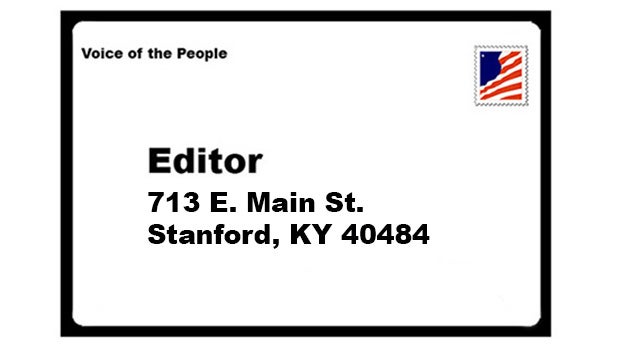Hit drug program’s PAUSE button
Published 9:34 am Sunday, February 18, 2018
By JIM WATERS
The 340B program was created by Congress in 1992 to provide life-saving medicine to poor and uninsured Americans by forcing pharmaceutical manufacturers wanting their drugs covered by Medicaid and Medicare to sell them at discounted rates of up to 50 percent to hospitals willing to serve vulnerable patients.
However, Washington has failed to provide needed oversight to ensure that facilities signing up for 340B are, in fact, serving the poor and investing reimbursed funds — per lawmakers’ intent — into charitable care.
The wealthy Duke University hospital raked in 340B profits worth nearly $500 million during a recent three-year stretch though fewer than 5 percent of its patients were charity cases.
Participation in 340B by some Kentucky hospitals also raises questions.
Why are drug manufacturers forced to offer these huge discounts to Norton Healthcare, which raked in $1.5 billion in revenues in 2014 yet whose charity cases comprised less than 1 percent of its patients?
The Medical Center of Bowling Green reported $285 million in revenues that same year but still participates in 340B even though its charity cases added up to less than 0.5 percent of its patients.
An industry study last year found more than a third of 340B hospitals report charity-care levels of less than 1 percent of all inpatient costs while about 20 percent of participating hospitals provide 80 percent of all care received by the program’s vulnerable patients.
The Trump administration is addressing some of the misguided incentives by slashing reimbursement rates for 340B drug purchases.
Hospitals previously acquired drugs from manufacturers at up to half the cost then turned around and received reimbursement from Medicare at a rate of 6 percent above their average national sale price, pocketing the difference with the expectation the surplus funds would be used to serve disadvantaged patients.
However, with the evidence mounting that poor patients aren’t reaping most of those benefits, the Trump administration is cutting that plus-6 percent of average sale prices plus an additional 22.5 percent.
Seema Verma, administrator of the Centers for Medicare and Medicaid Services, says the move will save Medicare beneficiaries, who are required to pay 20 percent of Medicare’s reimbursement rate for their medicines, $320 million in 2018 and “will better, and more appropriately, reflect the resources and acquisition costs that these hospitals incur” in obtaining 340B drugs.
Congress can bolster this effort by passing the Protecting Access for the Underserved and Safety-Net Entities (PAUSE) Act, which places a two-year moratorium on new hospitals and their outpatient locations participating in 340B.
Hospitals to this point have been incentivized to purchase existing physician-owned or community-based clinics or open new outpatient centers primarily in wealthier areas where they can use their 340B status to purchase drugs at a discounted rate, sell them at full price to patients at these off-site centers who usually carry traditional commercial insurance and pocket the difference.
An Inspector General’s review found that during one quarter in 2013, hospitals paid $737 per treatment for a 340B-covered drug to treat bladder cancer yet Medicare beneficiaries were billed $837 per treatment, 13 percent more than the drug cost. Plus, Medicare reimbursed the hospitals at the healthy rate of $3,325 per treatment. It all added up to hospitals collecting a total of $3,419 above their cost of acquiring the drug.
This loophole may be legal but must be closed.
PAUSE requires hospitals who want to continue participating in the safety-net program to report their charity-care rates and the insurance status of patients receiving 340B prescriptions.
Slashing reimbursement rates and pausing growth is the right prescription for repurposing the 340B program so that it fulfills its original mission.
In fact, such an approach wouldn’t be a bad idea to adapt as a process for reviewing all welfare programs.
Jim Waters is president and CEO of the Bluegrass Institute for Public Policy Solutions, Kentucky’s free-market think tank. He can be reached at jwaters@freedomkentucky.com and @bipps on Twitter.





